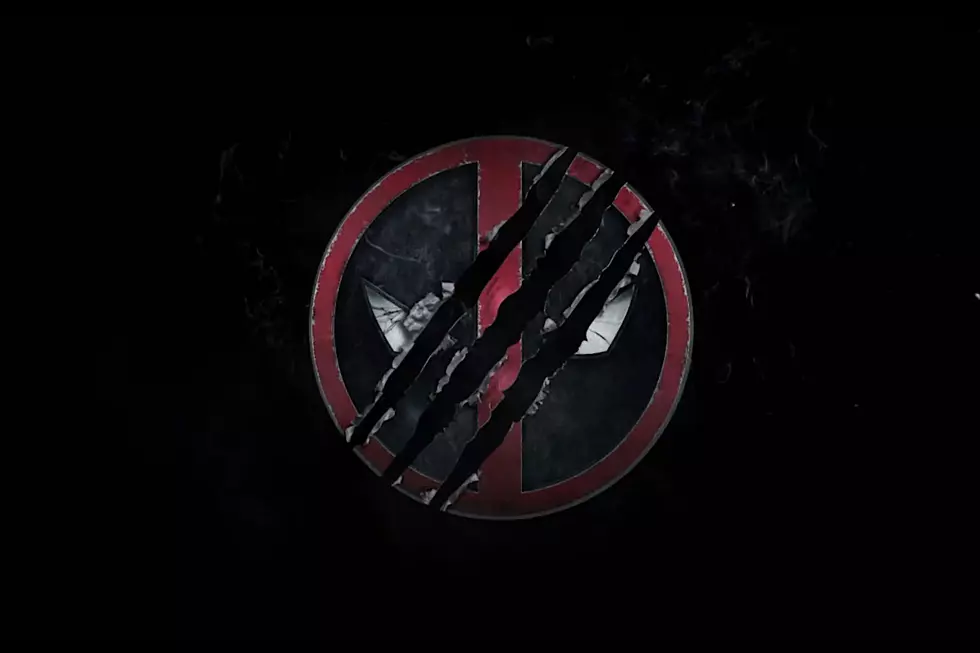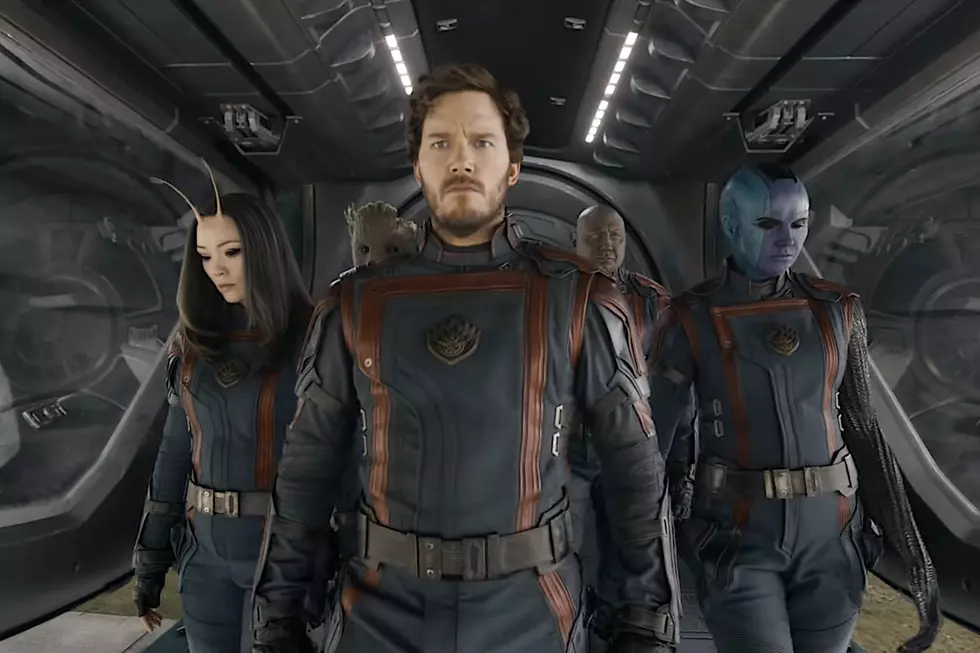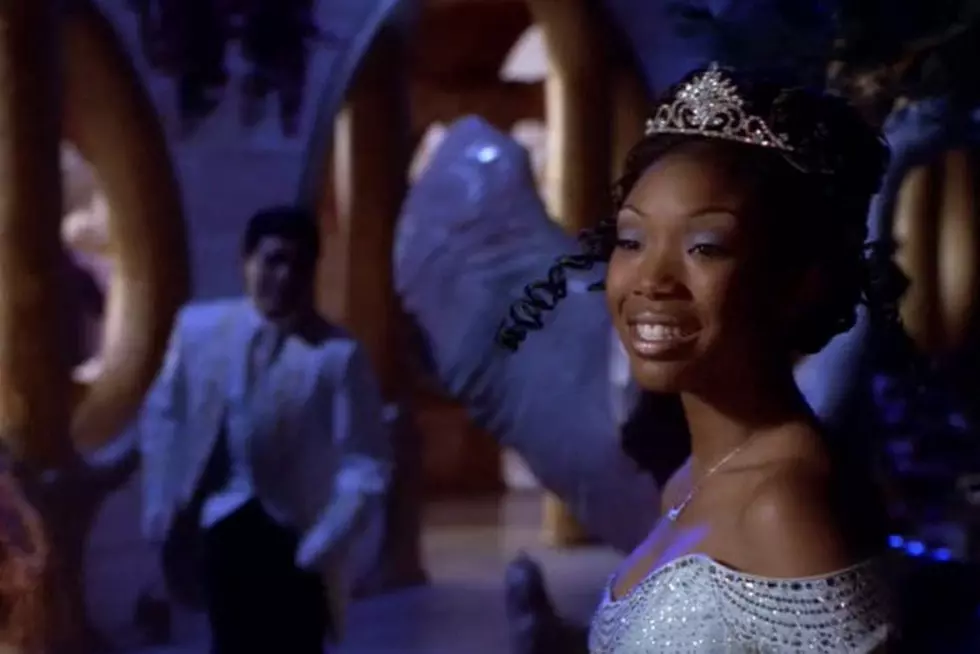
‘Loki’ TV Review: The God of Mischief is Out of Time
Having spent 20-odd movies establishing the Infinity Stones as the most powerful force in the universe, the first episode of the new Loki series on Disney+ reveals their current status as ... something else entirely. It’s an implicit cue to Marvel fans that this new Phase of the MCU is going to be different than the previous ones. Building off the time-traveling mishaps in Endgame, Loki essentially begins the process of turning Marvel’s cinematic universe into a “multiverse.” Long a facet of both Marvel and DC Comics, a multiverse — a limitless array of alternate timelines and dimensions all co-existing simultaneously — can be a pretty confusing topic, and so a lot of the first two episodes of Loki (out of the total of six in this season) are dedicated to simply explaining the concept and how this version of Loki (Tom Hiddleston) fits into them.
I say “this version” because the Loki who stars in this series is not exactly the same one who appeared in the last few Marvel movies. That Loki (also played by Hiddleston) evolved from an Oedipal villain to a tragic anti-hero, who ultimately died protecting one of the Infinity Stones. This new Loki escapes from his timeline during the final moments of the first Avengers movie, having never gone through the maturation and personal growth that takes place in Thor: The Dark World and Ragnarok. So the God of Mischief who takes center stage in Loki is a bit more arrogant, and a bit less humane, at least in the beginning.
Which is fun! Before he was a beloved fan favorite, Loki was an outstanding heel; cocky, power-hungry, and also incompetent enough to frequently get his comeuppance. Headlining his own show for the first time, Loki gets captured by the “Time Variance Authority,” a mysterious group charged with protecting the “sacred timeline” from any sort of disruption or alteration. His guide through his new life at the TVA is a mid-level agent named Mobius. Played by the laconic, easygoing Owen Wilson, he’s the perfect foil for Hiddleston’s heated Shakespearean drama. In just two episodes (that’s all that was provided to critics by Disney before the show’s premiere), the friction between Loki and Mobius produced more mismatched buddy laughs than Sam Wilson and Bucky Barnes did in all six hours of The Falcon and the Winter Soldier.
Where Loki is lacking, at least to start, is in the action department. The vast majority of the first two episodes takes place inside the cramped and cluttered rooms of the TVA, as Loki is tried for his crimes against the Sacred Timeline (i.e. the main Marvel universe) and then recruited to help track down a mysterious criminal who is wreaking havoc around the timestream. Whether it was always planned as a claustrophobic experience set entirely in a series of dimly lit rooms or that’s what it became to make it easier to shoot during the pandemic, its vibe definitely captures the stuffy, quarantined zeitgeist of the last 18 months. That alone might make some people a little itchy.
The show also introduces a lot of new concepts to the MCU. There’s a fair amount exposition to digest. The reason it works anyway is because that exposition is mostly delivered by Hiddleston and Wilson, and they are a very entertaining onscreen duo. It also helps that the bubbling mystery that bursts into full view at the end of Episode 2 is intriguing as well. (It introduces a theme that was also at the heart of WandaVision and The Falcon and the Winter Soldier, which is ... interesting.) After the first two episodes, I’d put Loki on par with the former and definitely more fun than the latter.
To truly become the best of these early Marvel Disney+ series, Loki needs to go bigger with its remaining four hours, and really take advantage of its time-traveling premise. When you can go literally anywhere in existence and you wind up sitting in the same lunchroom day after day, that can get old quickly — even if time moves differently there.
Sign up for Disney+ here.
Marvel’s Complete Phase Four Movie Lineup

More From Mix 93.1










